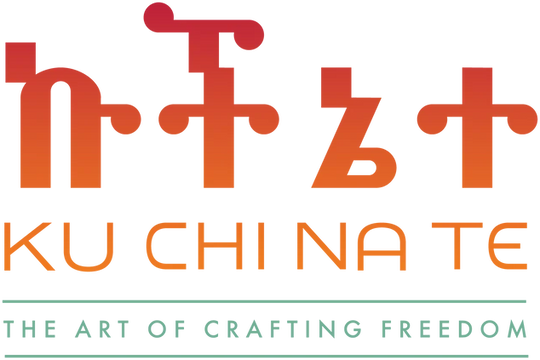AMBIGUITY
Ai Weiwei, Britta Marakatt-Labba, Kuchinate - African Refugee Women's Collective, Mariana Silva Varela
In the group exhibition “Ambiguity” the artists are telling their personal stories, or the stories of others, focusing on the individual and the impact on those human beings.
Together they create a myriad of voices, pictures and experiences.
But this multitude of stories or ways of telling them, also help us remember that we are all the same, that we share universal experiences, which give us important tools for us all to handle the future.
At least 70.8 million people around the world have been forced to flee their homes, it is a number that is ungraspable and very hard to relate to, but six people behind this huge numbers are the asylum seeking women that show their works in this exhibition.
All of them are part of the Kuchinate African refugee women’s collective in Tel Aviv, telling their stories through the felt and beaded textile masks or baskets that they have made. Asylum-seeking women, many of them survivors of human trafficking, torture, and sexual abuse on their way of refuge from where they started to the place they are at the moment, Tel Aviv.
In the portrait of Meron Asmerom Weldu, a single mom from Eritrea, she shares with us her suffering by threaded pearls as tears and with the words "Sinai is bad in the world" and "Remember!" embroidered beside those tears.
Lina Otom Jak Agolon who fled from southern Sudan when she was 27 years old, growing up in periods of calmness and security, but also with violence of rebels plundering and burning their houses and belongings, has created a big felted mask. She made it during the Covid-19 lockdown- days earlier this spring and her work reminds herself of good moments in her country, the yearly festival in her region when people painted their faces, dressed up in beautiful, colorful clothing and singing and dancing.
Achbaret Abraha tells her story through five almost one meter tall crochet baskets. One is a portrait of herself, a mother of three, two daughters and a son. The son remained in Eritrea and he is shown in one of those baskets, placed a bit further away symbolizing the distance and the painful separation of mother and son. On its back side is a tree that for her symbolizes shelter for both her and her children that she hopes will guard them all. The basket with her two daughters who were both born in Israel. The blue one with motifs of chickens represents her life in Eritrea and the final basket tells her story of her plight through the Sinai desert, with a van full of people driving through the desert, the mountains behind and the blue sky with a sun in the background.

